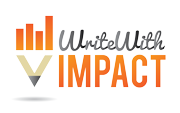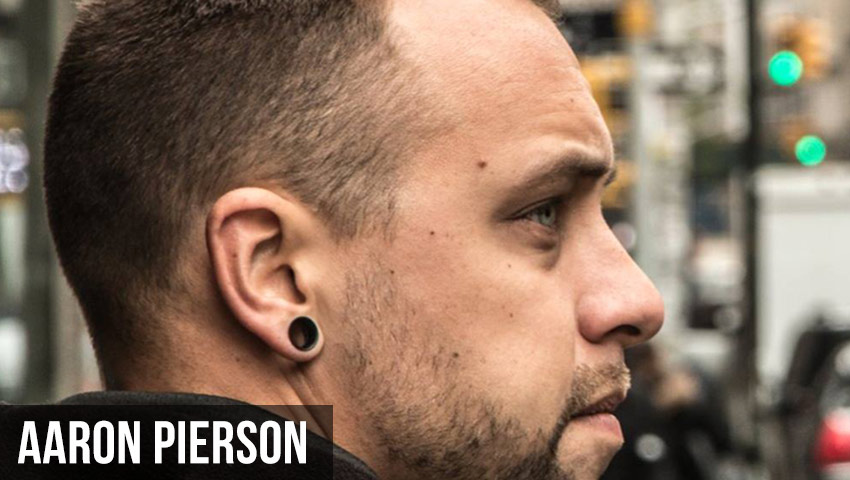Podcast: Play in new window | Download
Today I’ve invited a guest back onto the show: Aaron Pierson. Aaron was on this podcast back in episode 15 last year, where we talked about how to create a killer brand strategy.
In this episode, we dive deep into the strategies he used to launch his first book, Brand Dominance: How to Create a Disruptive Social Brand. In our conversation, Aaron shares the exact steps he took to make his book quickly hit the bestseller lists on Amazon.
Some of the strategies you might already be familiar with, but to hear Aaron talk about his story of how he took his very first book and made it an Amazon bestseller is inspiring.
Aaron also has some contrarian advice about email, which is powerful he admits, but has its limitations. He talks about Facebook, Twitter, and Snapchat, and the relative impact of each social media media platform on his book launch. And he offers some really practical, roll-up-your-sleeves tips for what you can do to get people excited about buying, reading, and reviewing your book.
Links
Aaron’s Book



Great show, Glenn and Aaron. That was a very interesting show.
I too have noticed that everybody is on FB all day long, which is why I found it remarkable how clever you used this to your advantage, Aaron.
Also, Aaron: I loooved how you spoke of books. They are indeed a special way to communicate a (your) message. In a way, p-books never changed (in 500 years), only printing and binding machines improved.
While the horse carriage has been replaced with cars, trains and planes, and fireplaces with heating units, kings and queens with governments, p-books are still what they used to be.
Thanks for the show.
Nice podcast. I particularly appreciate the learning around texting and direct messages as a more powerful tool versus traditional email. Launch day from the beach is also a nice idea. You put a lot of work in that day, but at least you had a great view and atmosphere to keep you going.
Aaron: I’m curious if you offered the free advance copy of the book in a format other than Kindle download. Or did everyone in your private group all happen to have a Kindle? How did that work?